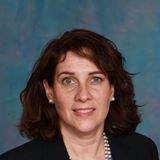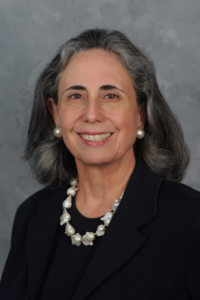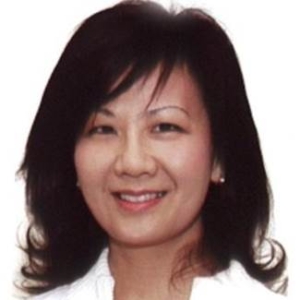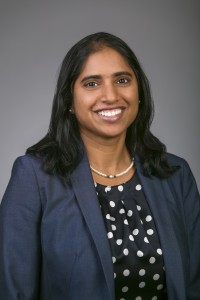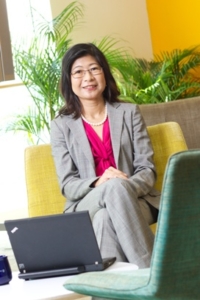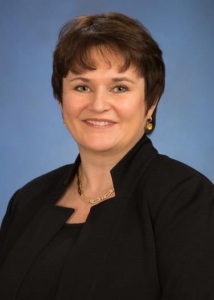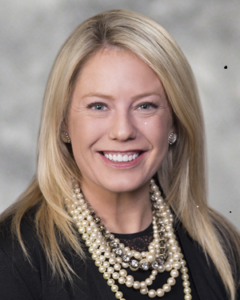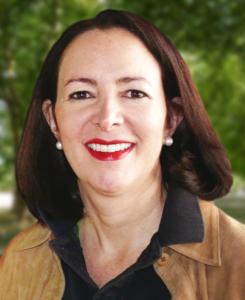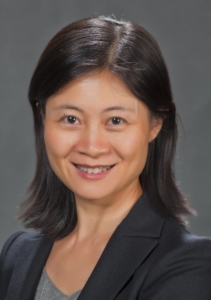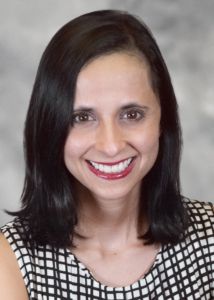 “When hard work and results aren’t recognized by others, which will sometimes happen, you have to advocate for yourself.”
“When hard work and results aren’t recognized by others, which will sometimes happen, you have to advocate for yourself.”
That is the lesson Jacqueline Lawand has learned during her rise at Voya, where she is proud of the fact that she has been able to drive business, and exceed goals, no matter what geographic area she was assigned or their subsequent challenges.
Describing her career path as largely linear, Lawand earned a double major in finance and real estate, completing three internships in the field during her college years. An active member of the Finance Management Association and Real Estate Society groups at her college, she first became familiar with Voya, previously known as ING U.S. Investment Management, during a joint field trip in her senior year. After meeting with the management team, she stayed in touch and ultimately joined the firm right out of college as an analyst.
For the past 11 years she has worked her way up through four different positions, to the one she holds now as vice president and senior real estate portfolio manager.
Along the way she has taken on international assignments, twice spending two weeks in Santiago, Chile which she believes helped pave her way to her current role. Fluent in Spanish, Lawand spent part of her childhood in Honduras, which offered her an international perspective she appreciated exploring through those assignments.
She also earned her MBA at the University of Georgia while working, part of her goal to make herself more valuable to the company. “One key path to success is to recognize your gaps and weaknesses, as well as those in your company, and seize the opportunity to grow and advance by filling those gaps.”
Lean In, Be Yourself to Succeed
One lesson she wishes she had learned earlier in her career is the importance of “leaning in.”
“I wish I hadn’t pulled back but had developed the confidence earlier to volunteer for challenging projects, knowing that I was equipped to handle the curve balls along the way.”
Lawand says that one of the keys to her success has been the sponsors both within and outside the company that have wielded influence and helped her become better established both at Voya and within the industry as a whole.
“It always came to me as a surprise when someone would say, ‘I’ve heard great things about you,’ when I wasn’t even aware someone was advocating on my behalf.”
She also credits robust programs at Voya that foster women leaders with training programs and initiatives and mentoring opportunities.
Both a mentor and mentee, she has found them key for learning new perspectives. “I would definitely recommend that others participate in mentoring programs, whether formal or informal, as the benefits are well worth the time invested.”
Describing the real estate industry as “still very much predominantly a man’s world,” Lawand says she initially tried to be “one of the guys,” but realized that wasn’t sustainable. “I started to be more authentic and transparent and, as a result, was able to forge better relationships and earn credibility. Being ‘you’ can really help your career.”
Finding Balance
As a new mom, Lawand is learning the challenge of juggling a growing family with a prospering career. “I want it all, but it requires balance, which has been a learning experience for me,” she says, adding that her husband is a good advocate. “He believes in a collaborative approach at home which helps me manage career and family life.”
She and her husband run half marathons together and also enjoy traveling. They have visited South Africa and much of Europe and South America, and the family recently took a trip to Alaska.

